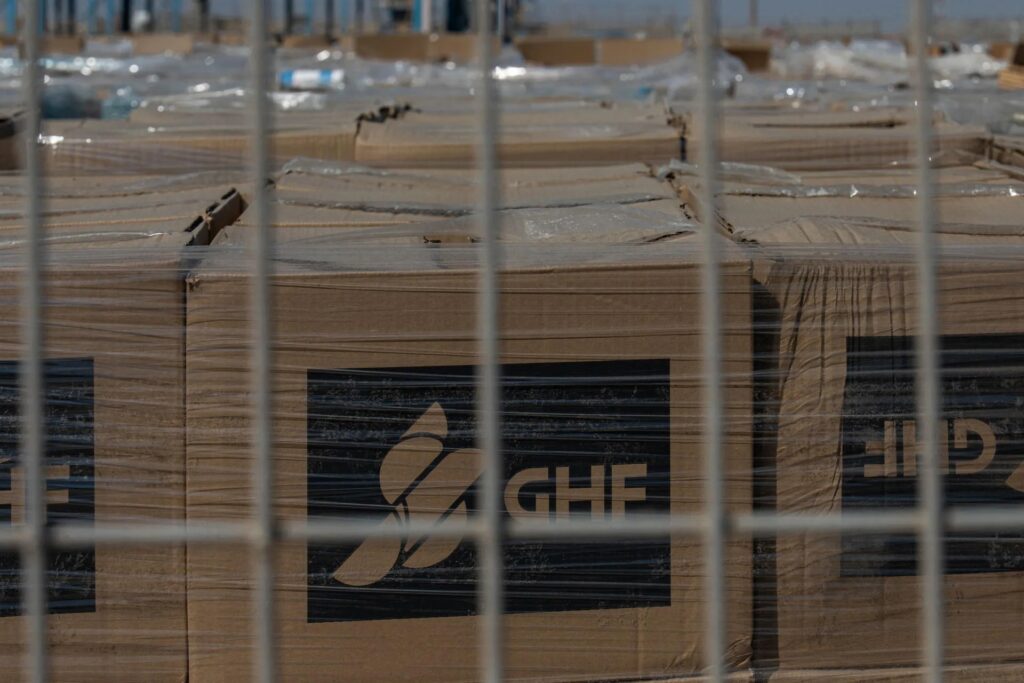UN Experts Demand Dismantling of Gaza Humanitarian Foundation Amid Questionable Oversight
A coalition of 25 UN investigators calls out the Gaza Humanitarian Foundation for lacking transparency and potentially enabling military agendas under the guise of aid, raising serious concerns about accountability in conflict zones.

In a troubling revelation from Geneva, twenty-five United Nations experts have jointly demanded the dismantling of the Gaza Humanitarian Foundation (GHF), a body established under Israeli and American auspices to distribute food aid within the embattled Gaza Strip. While humanitarian aid is meant to alleviate suffering, these experts have identified alarming signs that this foundation serves as a vehicle for geopolitical maneuvering rather than genuine relief.
Is Humanitarian Aid Being Weaponized Against Those It Claims to Serve?
This foundation, created by Israel in early 2025 with U.S. support, claims to facilitate vital food distribution amid ongoing conflict. Yet it operates with minimal international oversight and amidst sharp criticism from other United Nations bodies and NGOs present locally. The signatories label this situation a “blatant hypocrisy,” highlighting the paradox of entrusting an entity linked to a state accused of war crimes with feeding populations caught in its crossfire.
Further complicating matters is evidence tying the GHF to Israeli intelligence operations, American corporate interests, and dubious non-governmental organizations. Such entanglements raise urgent questions about how supposedly neutral humanitarian operations can be exploited as cover for military or intelligence agendas — jeopardizing both aid recipients and global trust in humanitarian efforts.
What Does This Mean for America’s Role and Interests?
From an America First perspective, the GHF’s opaque structure serves neither U.S. values nor strategic goals effectively. Supporting initiatives that risk empowering hostile entities or undermining true sovereignty on both sides weakens America’s moral standing while fueling instability near one of our key allies.
The unaccountable nature of this foundation mirrors broader failures when globalist policies override rigorous oversight—allowing foreign entanglements without clear benefits to national security or economic interests. For Americans watching closely, this raises difficult questions: How long will Washington continue backing such dubious schemes? Shouldn’t American taxpayer dollars fund transparent programs that genuinely empower rather than obscure accountability?
In light of casualty reports—over 1,400 deaths attributed directly to attacks on distribution points operated by the GHF—the urgency for reform cannot be overstated. Unchecked militarization disguised as humanitarian action not only endangers innocent lives abroad but sets dangerous precedents that could impact security policies affecting Americans at home.
While globalist institutions may push narratives downplaying these concerns, citizens must demand clear-eyed analysis prioritizing national sovereignty, effective diplomacy, and principled action over politically convenient cover-ups.
The question remains: Will international actors heed these warnings before further damage occurs? Or will America continue investing resources in hollow programs that betray core conservative principles?
